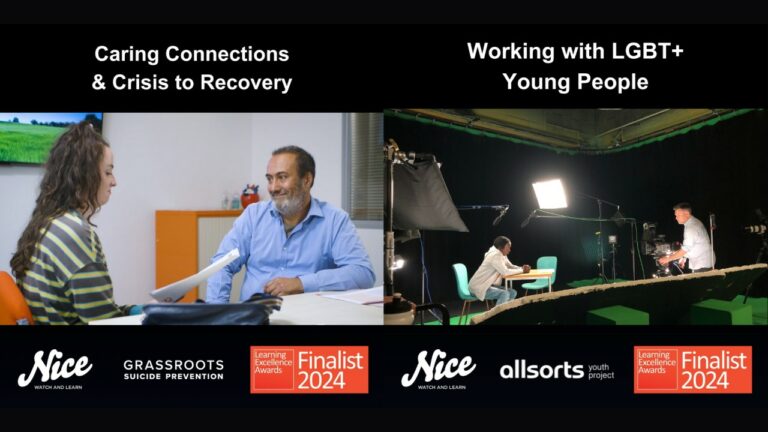Here is a transcript of Season 2 Ep.1 – Line of Duty.
Hi everyone, my name’s Tom Hickmore and in this episode of “What can TV teach L&D?” I’m looking at Line of Duty.
I make drama for learning, so I’m taking popular TV drama and looking at it with an analytical eye, asking “What can we learn from this that we can be applied in the field of learning and development?”
Meetings, meetings, meetings. Meetings seem to be pretty popular in BBC One’s top crime drama – Line of Duty.
Here’s one in which a Police Superintendent is suspected of corruption. He’s being cross examined by a police investigation squad. The language is incredibly formal.
But this provides a nice tension with the emotions that lie just beneath this polished, dutiful veneer.
As Aaron Sorkin, of The West Wing and The Chicago 7, remarked:
“The reason I love courtroom dramas so much is that the parts of the drama just lay out so perfectly in a court room. The Intention and Obstacle is clear, the stakes are very clear, the opposing sides are clear. The Jury is a stand-in for the audience, they know as little as the audience does, so there’s a reason for exposition.”
Here we don’t have a jury, but these proceedings are being recorded for later scrutiny, and this gives another reason for all of this exposition.
We used this kind of design in a drama we made about adult safeguarding.
Our meeting was to establish a narrative for the events leading up to a death of a young woman who had come to the attention of various services with an adult safeguarding responsibility. GP, social worker, ambulance. A meeting is cheap to film, cheaper than showing all of the terrible events that happened to this woman. But in not showing them, but just describing them, you can make the horror more intense. Like in Alien, when they never show you the monster, just bits of it. The various characters helped people from different safeguarding roles to consider what they might have done in this circumstance. The ambiguities in the reconstructed narrative allowed the audience to speculate, and it proved a good stimulus for discussion in the MOOC, which was our intention.
Want to hear more about what TV can teach L&D? Contact us to sign up to our mailing list.







